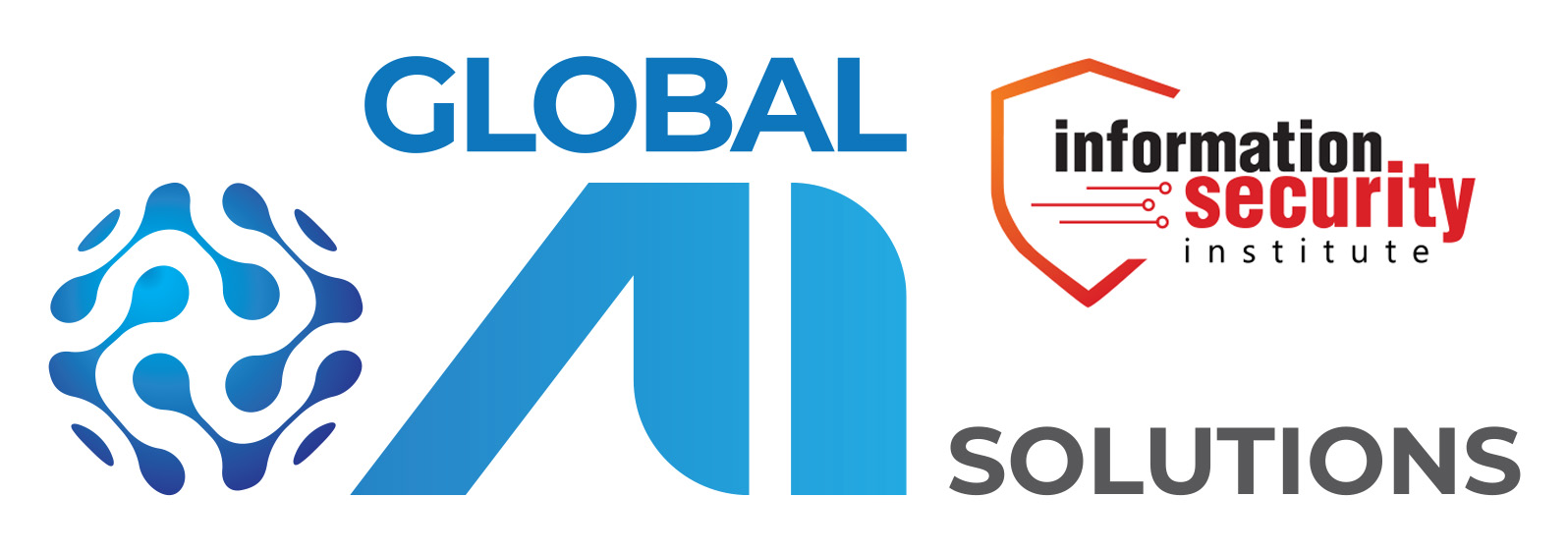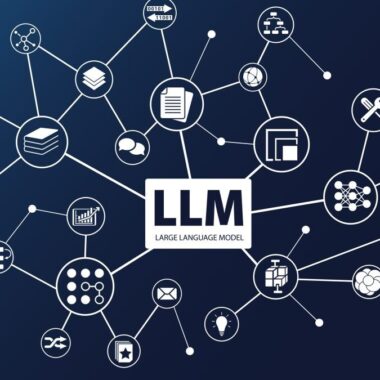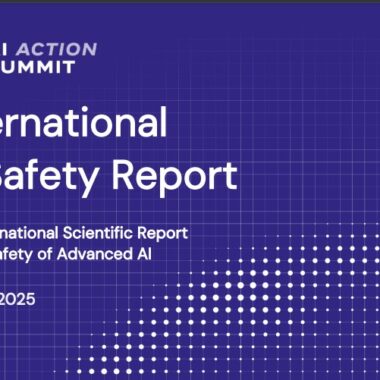As artificial intelligence increasingly permeates corporate strategies and decision-making, compliance, risk management, and audit professionals face a transformative shift in their roles. The rapid adoption of AI technology offers substantial opportunities for operational efficiency, particularly in automating compliance reviews, risk identification, and control audits.
However, this shift also introduces significant challenges, particularly in ensuring responsible AI deployment and aligning with regulatory requirements. For professionals in compliance and data privacy, embracing these changes is not just a necessity but an opportunity for career advancement and consultancy growth.
One of the most significant impacts of AI on corporate operations is the potential to reduce current compliance and audit tasks by up to 50%. Automation in this domain promises efficiency, yet it also displaces traditional roles, especially those focused on manual GRC reporting, control assessments and monitoring. This shift creates a critical demand for professionals who can address AI’s technical complexities and ensure its responsible use in decision-making processes.
To get the benefits of algorithms while managing AI risks, organizations must define policies and procedures to develop platforms, resources, and technical skills. This includes defining clear AI use cases, prioritizing them based on business needs and risk appetite, and creating an inventory for AI-related datasets. Google’s Secure AI Framework is one such tool that provides a structured approach to AI governance, ensuring security and compliance are embedded from the outset.
Education and training are the most important considerations as AI redefines job market demands. Compliance and risk management professionals should prioritize upskilling in the tools to support the AI governance and adoption strategy, focusing on the practical execution, management, and procurement of AI-based software. Copenhagen Compliance’s upcoming training, scheduled for October 15-19th, offers an excellent opportunity for professionals to deepen their knowledge in these areas.
Adopting responsible AI practices
Furthermore, ongoing AI monitoring is essential. Implementing AI-specific monitoring tools can help track performance, ensure compliance, and identify potential risks, societal impacts, model and technical vulnerabilities and regulatory requirements. Regular audits and risk assessments should be conducted to address any emerging AI-related threats, while data validation and verification processes are necessary to maintain data quality and integrity.
The integration of AI into corporate governance is inevitable, and GRC professionals must proactively adapt to this changing landscape. By adopting responsible AI practices and continuous education, compliance, and risk management experts can not only safeguard their organizations but also position themselves at the forefront of this evolving field. I strongly encourage professionals to attend the Copenhagen Compliance training to equip themselves with the skills needed to navigate this transformation effectively.
Call-to-Action: Ensure your compliance practices are AI-ready. Register for the AI governance training scheduled for October 15-17th with Copenhagen Compliance to stay ahead in your career and contribute to your organization’s AI strategy. Register here.





